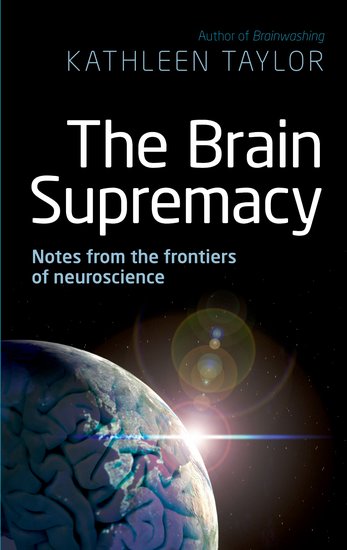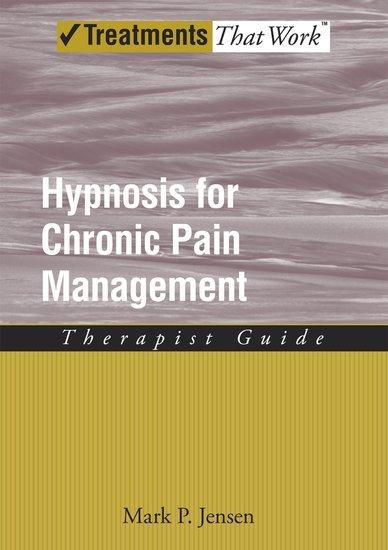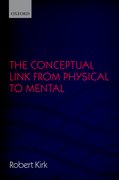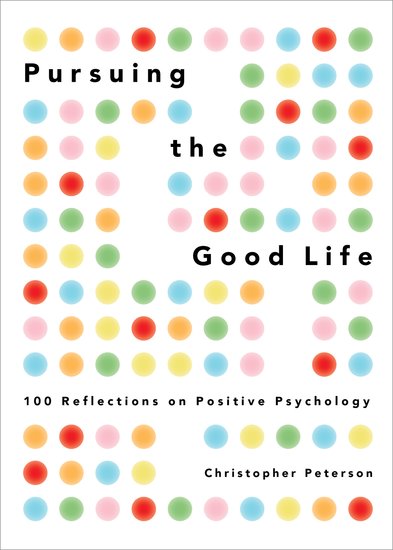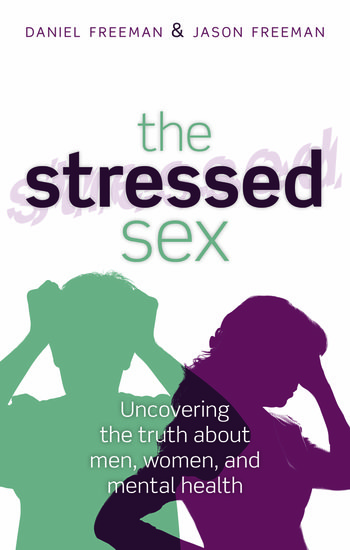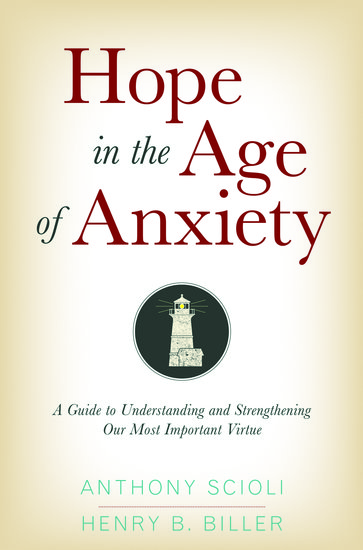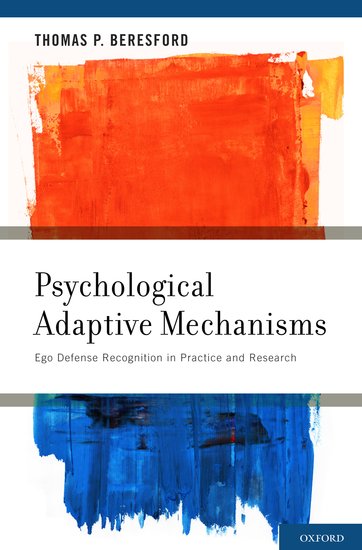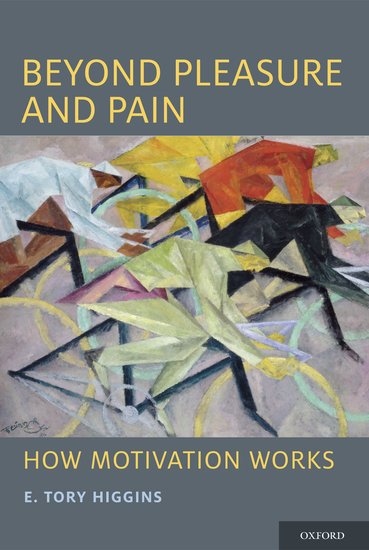What is ‘the brain supremacy’?
Q: What is the brain supremacy? A: I use the phrase ‘the brain supremacy’ to describe the increasing relevance of neuroscience. It foresees an era – whose birth is already well underway – when the balance of power within the sciences will shift from the natural to the life sciences, from physics and chemistry to the fast-moving sciences of the mind and brain.

